Guidance for Effective Mediation
The United Nations has drawn on its extensive experience as well as the expertise of partners to develop practical guidance material to support mediation actors. In particular, the Secretary General developed the United Nations Guidance for Effective Mediation in response to a request from the General Assembly (A/RES/65/283).
The Guidance is designed as a reference document, drawing on the experiences of Member States, the United Nations system, regional, sub-regional and other international organizations, non-governmental organizations, women’s groups, religious leaders, the academic community, as well as mediators and mediation specialist.
Key Fundamentals
The Guidance identifies a number of key fundamentals that should be considered in mediation processes:
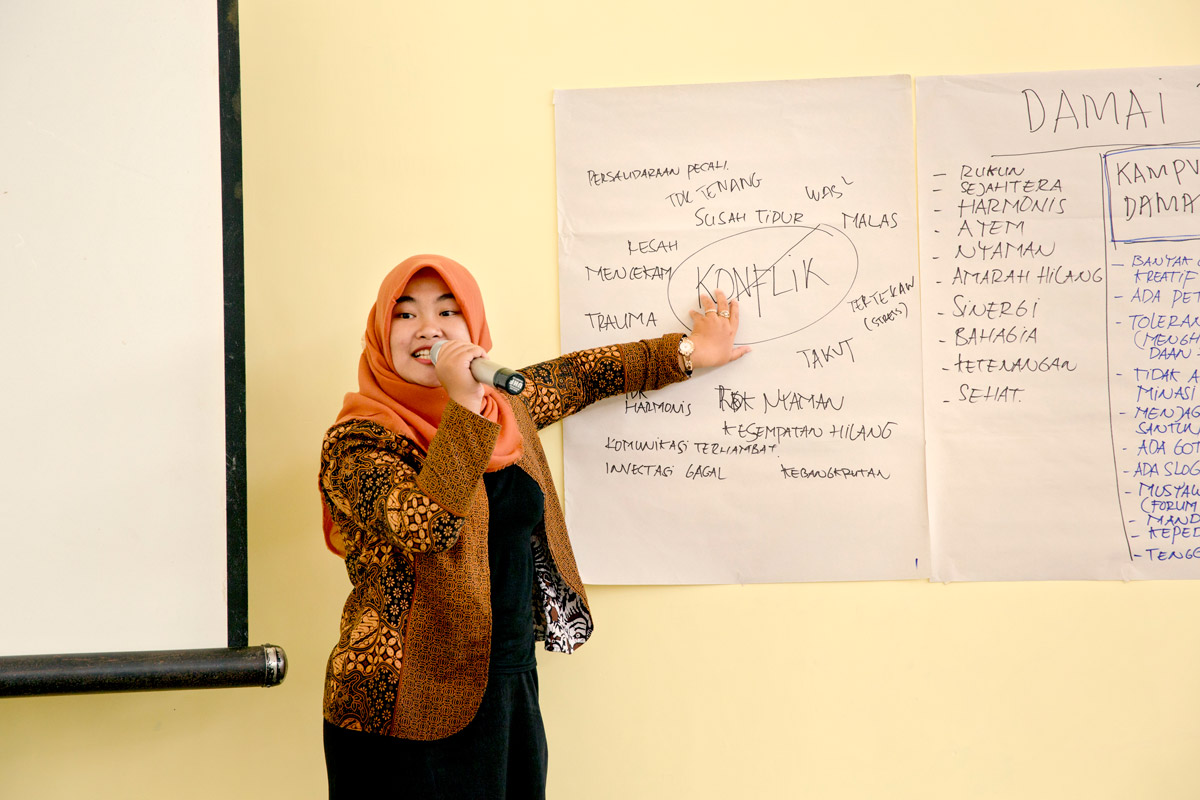 Photo: UN Women/Ryan Brown
Photo: UN Women/Ryan Brown
Preparedness
Preparedness entails the development of strategies for different phases of the conflict, based on a comprehensive conflict analysis and stakeholder mapping, including examination of previous mediation efforts. Responsible and credible mediation efforts require good preparation.
Consent
Mediation is a voluntary process that requires the consent of the conflict parties to be effective. Without consent it is unlikely that parties will negotiate in good faith or be committed to the mediation process.
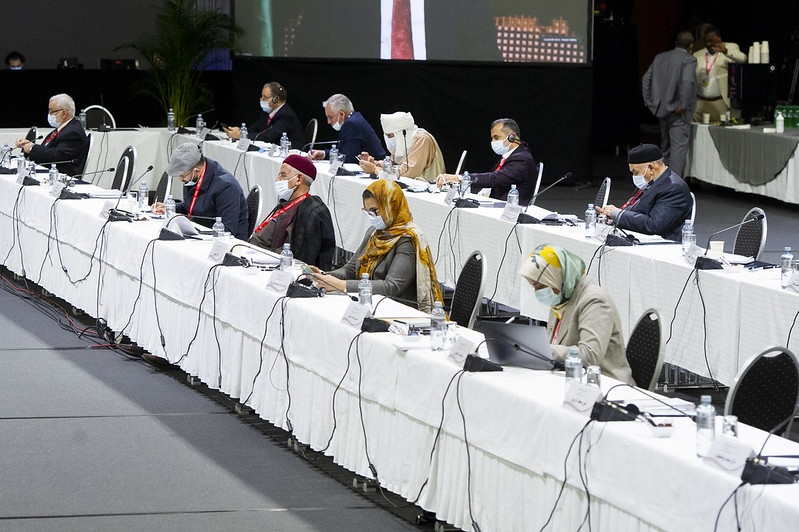 UN Photo by Violaine Martin
UN Photo by Violaine Martin
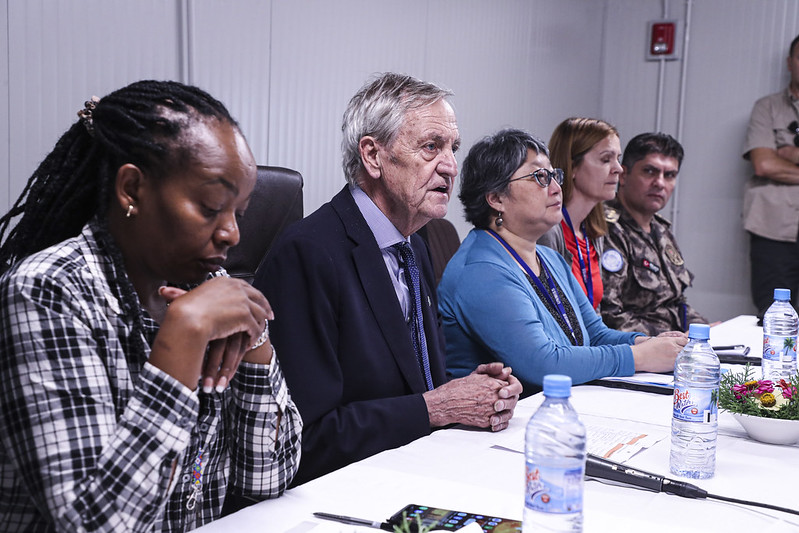 Photo: Isaac Billy/UNMISS
Photo: Isaac Billy/UNMISS
Impartiality
Impartiality is a cornerstone of mediation – if a mediation process is perceived to be biased, this can undermine meaningful progress to resolve the conflict. A mediator should be able to run a balanced process that treats all actors fairly and should not have a material interest in the outcome.
Inclusivity
Inclusivity refers to the extent in which the views and needs other stakeholders beyond the main conflict parties are represented into the process and outcome of a mediation effort. An inclusive process is more likely to identify and address the root causes of conflict and to increase the legitimacy and national ownership of the peace agreement.
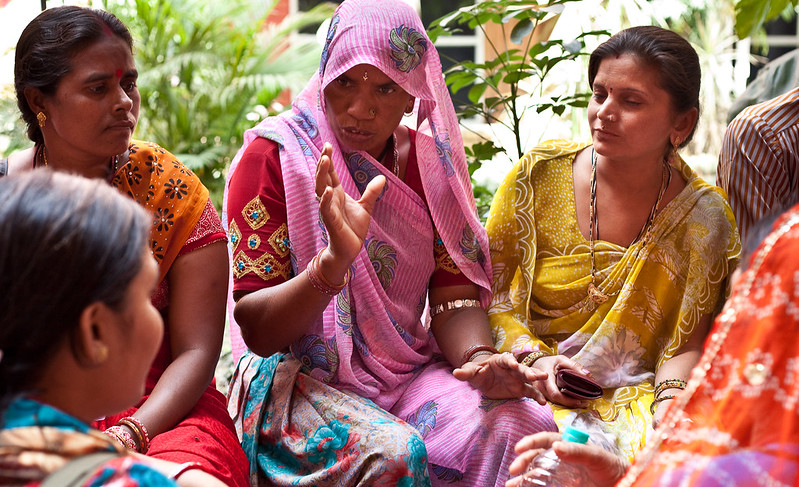 Photo: UN Women/Ganganjit Singh
Photo: UN Women/Ganganjit Singh
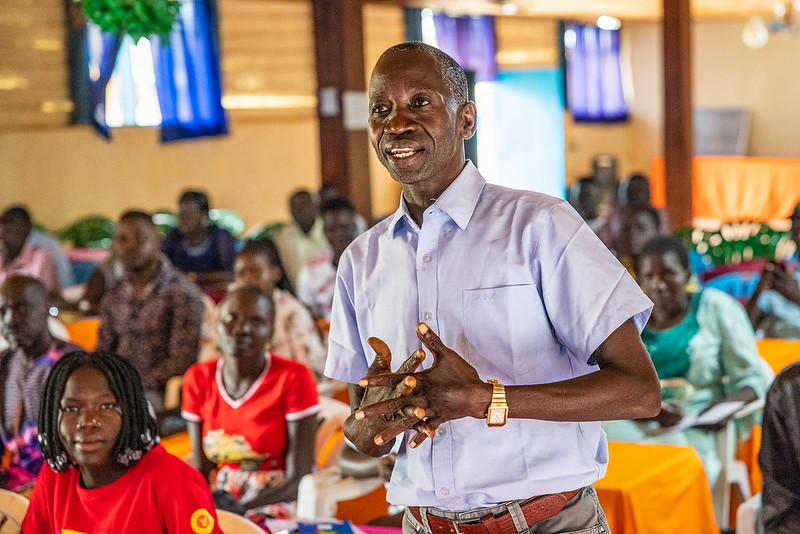 Photo by Gregorio Cunha/UNMISS
Photo by Gregorio Cunha/UNMISS
National Ownership
National ownership implies that conflict parties and the broader society commit to the mediation process, agreements and their implementation. This is of critical importance because it is the communities who have suffered the major impact of the conflict, the conflict parties, and it is society as a whole that must work towards a peaceful future.
International Law and Normative Frameworks
Consistency with international law and norms contributes to reinforcing the legitimacy of a process and the durability of a peace agreement. It also helps to marshal international support for implementation. However, balancing the demands of conflict parties with the normative and legal frameworks can be a complex process.
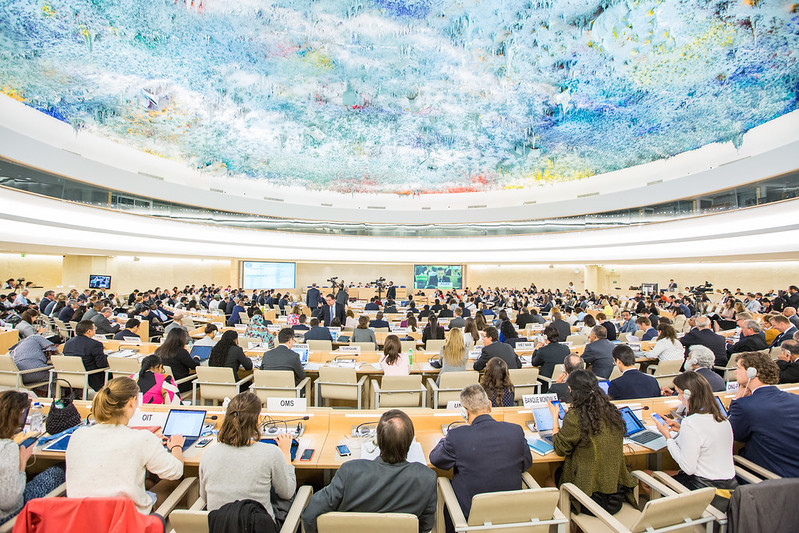 UN Photo/Elma Okic
UN Photo/Elma Okic
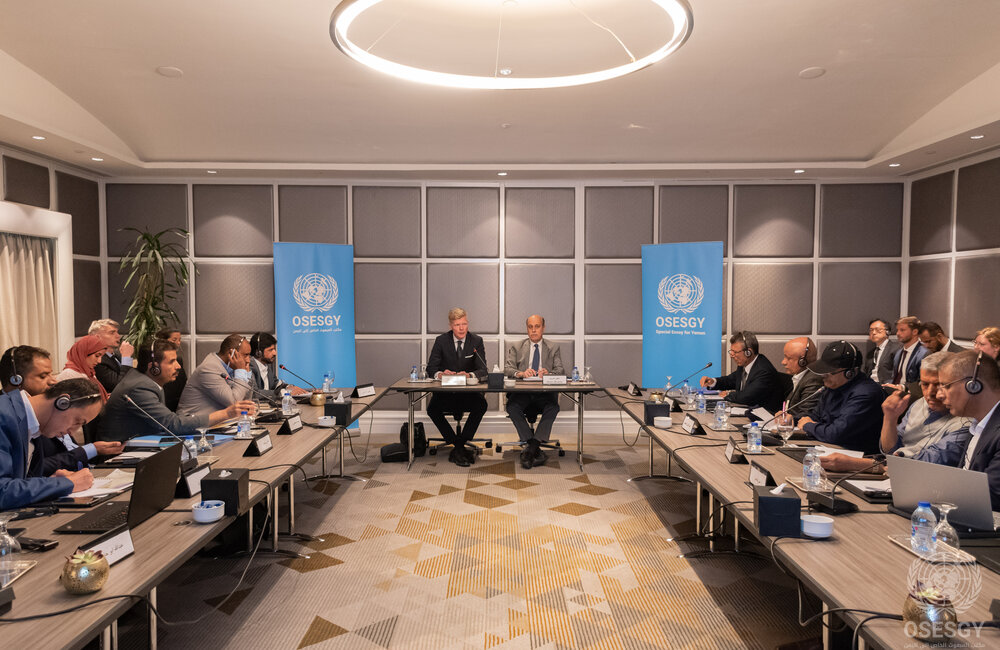 Photo: OSESGY/Abdel Rahman Alzorgan
Photo: OSESGY/Abdel Rahman Alzorgan
Coherence, Coordination and Complementarity of the Mediation Effort
The increasing number of actors involved in mediation makes coherence, coordination and complementarity of mediation efforts both essential and challenging. Coherence encompasses agreed and/or coordinated approaches, while complementarity refers to the need for a clear division of labour based on comparative advantage.
Quality Peace Agreements
Peace agreements should end violence and provide a platform to achieve sustainable peace, justice, security and reconciliation. To the extent possible, they should both address past wrongs and create a common vision for the future of the country, taking into account the differing implications for all segments of society.
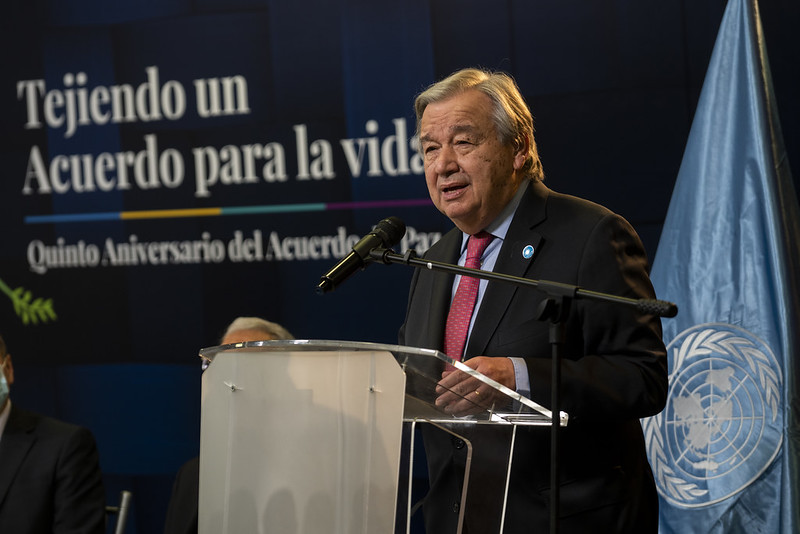 Photo: Esteban Vanegas/UN Verification Mission in Colombia
Photo: Esteban Vanegas/UN Verification Mission in Colombia
